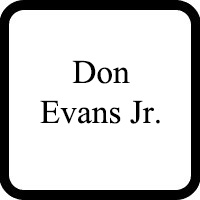Riegelwood Real Estate Lawyer, North Carolina
Don Tolbert Evans
✓ VERIFIEDAccident & Injury, Real Estate, Criminal, Motor Vehicle, Estate
Firm has 35 years experience, continuing a family tradition of lawyers stretching back 100 years.
Firm has 35 years experience, continuing a family tradition of lawyers stretching back 100 years.
FREE CONSULTATION
CONTACTGeoffrey A. Losee
Real Estate, Admiralty & Maritime, Industry Specialties, Business
Status: In Good Standing
Aaron Daniel Lindquist
Real Estate, Intellectual Property, Estate, Business, Collection
Status: In Good Standing Licensed: 9 Years
Alden B. Cole
Commercial Real Estate, Social Security, Criminal, Personal Injury
Status: In Good Standing Licensed: 26 Years
Alden B. Cole
Real Estate, Lawsuit & Dispute, Government, Accident & Injury
Status: In Good Standing Licensed: 26 Years
Allen Nelson Trask
Other, Real Estate, Litigation, Agriculture
Status: In Good Standing Licensed: 15 Years
Amanda Lynn Davis
Education, Income Tax, Real Estate, Divorce
Status: In Good Standing Licensed: 24 Years


